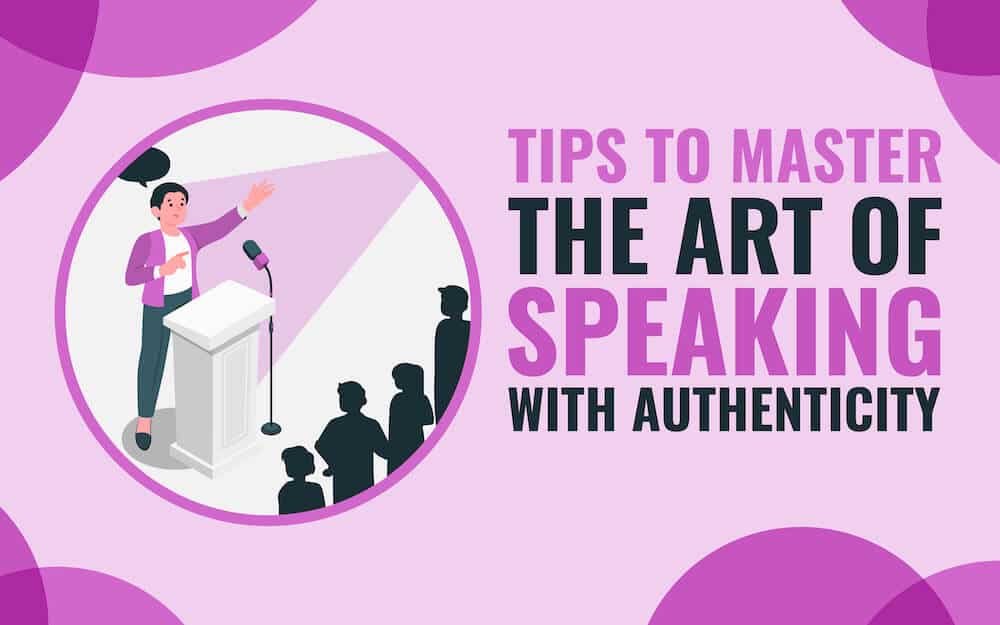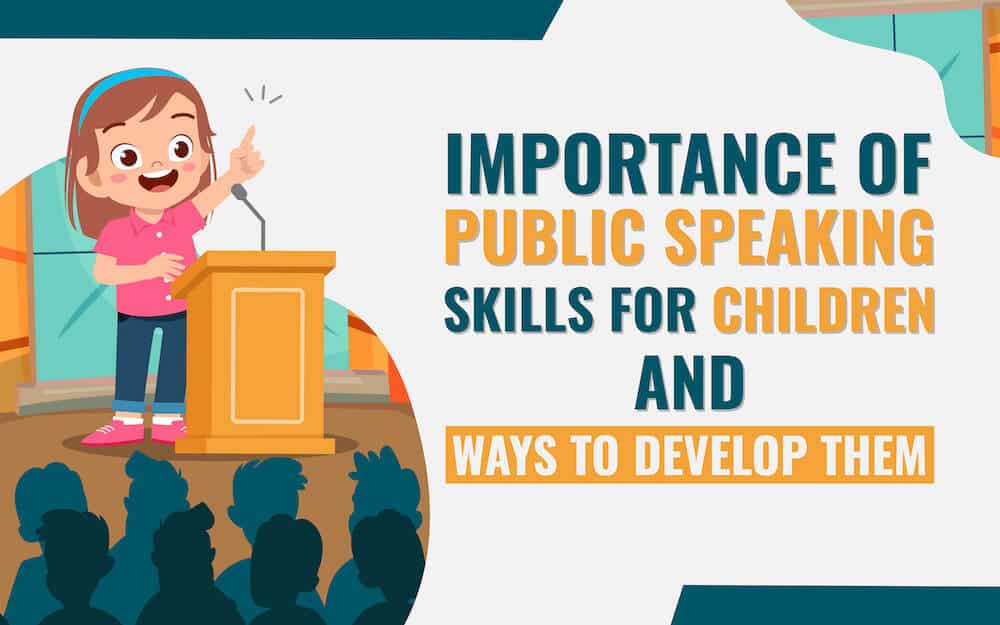
You might have felt sweaty palms, a pounding heart, and twitching muscles when you were first called upon to speak on a specific topic in your college, give a speech at a friend’s wedding, speak in a team meeting, or present in front of clients. Well, this not only happened to you; most people feel some physiological reactions when they are suddenly invited to the stage to speak on a topic or share their viewpoints.
Even today, most people prefer to jump off a cliff than agree to speak in high-pressure situations, and some are more scared of public speaking than dying. You must be wondering if it is going extreme, but we are not making this up! According to the National Institutes of Mental Health, 75% of people have said speaking in public is what they feel most pressurized, and it’s their #1 fear.
However, effective speaking skills and constant practice are what one needs to share his ideas with a large number of people and stand out from the crowd.
Therefore, we are presenting tips for developing oratory skills to help you cope with stressful situations and improve your confidence to speak under pressure effectively. Take a look!
1. Prepare and Practice
Preparing and practicing is the best way to put your anxiety aside and diminish all physiological symptoms that you feel during high-stress situations and tight deadlines. You can stand in front of a mirror, videotape yourself or ask your friend to critique your performance. The more you practice, the more confident you will feel, and continuous practice will help you master public speaking.
2. Body Language
Body language includes gestures, facial expressions, and movements. These showcase how confident a speaker is while addressing the audience and speaking on a specific topic. If these attributes contrast with what you want to transmit, your speech will become confusing, and you will lose your audience. You can use the following tips to improve your body language and keep your audience engaged –
- Ensure you are standing straight without slouching.
- Match your facial expressions with your message.
- Practice power poses to reduce stress and boost confidence.
- Watch TED Talks and observe the body language of effective communicators.
3. Elements of Communication
If you aren’t aware of the crucial communication elements, you will feel more nervous and won’t be able to communicate your message effectively. These elements are diction and the ability to control pitch, tone of voice, and speed of talking. You have to consider all these attributes while adjusting speech patterns according to the situation’s demand and the audience’s level of expertise.
4. Audience Relations
If you can engage your audience right from the beginning of your speech, you can easily convert a high-stress situation into a calm and composed interactive session. To grab your audience’s attention, you can tell them stories, inject a funny anecdote, use engaging visual graphics, and choose appropriate words as per the audience’s expertise and age group.
The Bottom Line
So, whether you’re an introvert or have a fear of stage or social anxiety, following the above tips can help you overcome your fear of speaking under pressure. Additionally, by following the principles of communication: speaking carefully, listening attentively, and responding accurately, you can deliver a better speech, establish a connection with the audience, and walk on the path to becoming more inspiring and influential.



